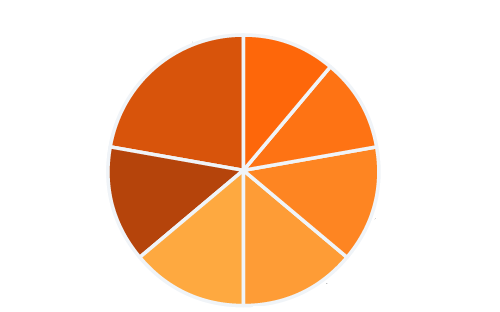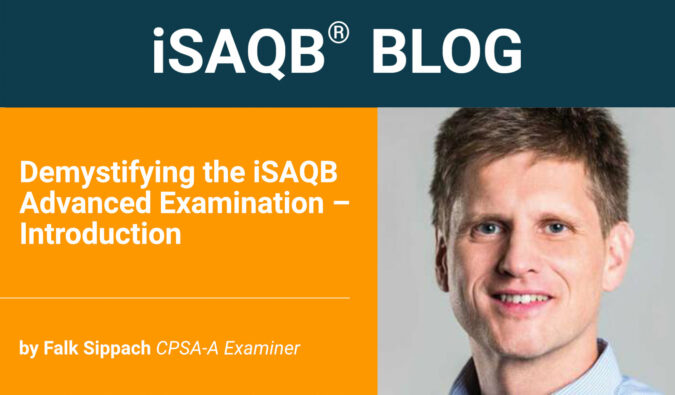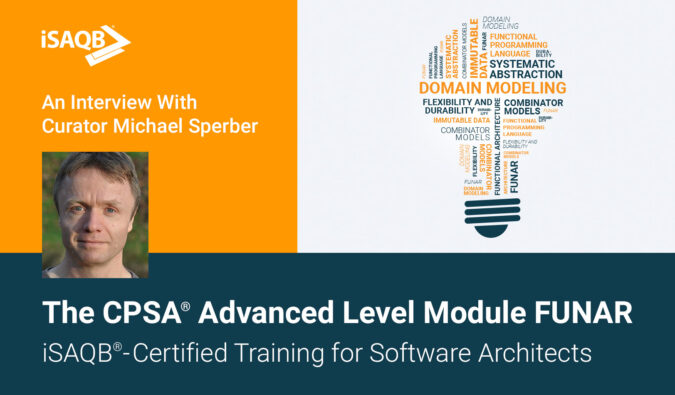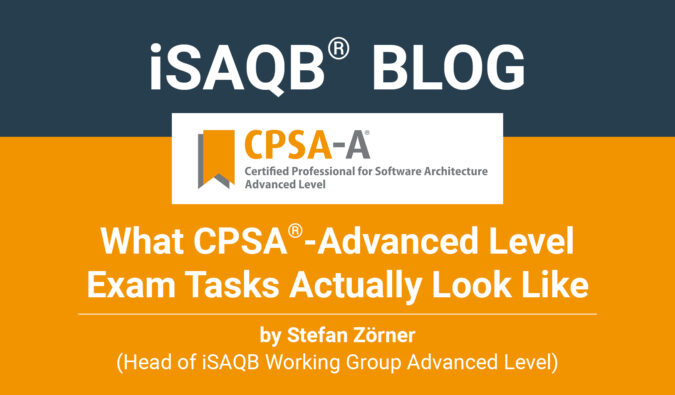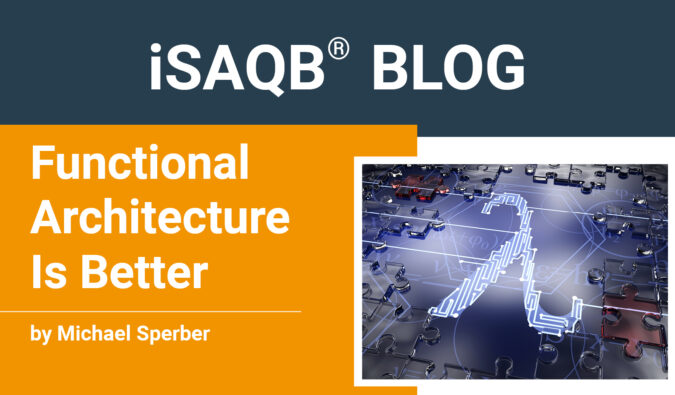Certified Professional for Software Architecture (CPSA®)
The CPSA® Advanced Level Module FUNAR – iSAQB® Training Course in Functional Software Architecture
MODULE FUNAR
Functional Software Architecture
What’s the most effective way to decouple the components of your architecture, and build powerful and flexible models at the same time? Functional Architecture does all of that and more with the help of immutable data, combinators, and powerful math-based abstractions.
Credit Points for FUNAR Training Courses
Technological Competence
TECH
20
Methodical Competence
Method
10
Communicative Competence
Comm
0
FUNAR
Content of the module Functional Software Architecture (FUNAR)
How to design architecture with functions, immutable data, and combinators
The module presents functional software architecture as an alternative to object-oriented architecture. Compared to OO architecture, functional software architecture relies on immutable data, algebraic abstractions, and embedded domain-specific languages. The result are flexible and robust architectures that are less complex and have fewer hidden dependencies than OO.
Unlike OO architectures, FP architectures are entirely code. This module therefore illustrates all architectural principles with concrete code, making them easier to learn.
After completion of the module, participants will know the essential principles of functional architecture and will be able to apply them when designing software systems. They will know the peculiarities of functional programming languages and can use them effectively when implementing software systems. They can convert domain knowledge directly into executable code and systematically use this to develop algebraic abstractions.
Related Blog Posts
Demystifying the iSAQB Advanced Examination – Introduction by Falk Sippach, CPSA‑A Examiner
Falk Sippach’s blog post introduces the iSAQB CPSA Advanced certification, detailing the practical and theoretical challenges involved in completing its rigorous project-based exam within three months alongside regular work.
Which audience does the module FUNAR address? The training course is meant for all software architects who are curious about approaches to software architecture that are fundamentally different from traditional OOP-based approaches (and more effective, of course). What is the relevance of the module for the professional practice of software architects? That depends: Functional…
How to Identify a Good Certificate?
There is a wide range of certificates on offer, yet most certificates and certification procedures are based on a similar process with some comparable variants…
This blog post answers the most important questions about the written part of the iSAQB Advanced Level exam…
Functional Architecture Is Better
Wittgenstein wrote, “The limits of my language mean the limits of my world.” Moritz Nähr, Public domain, via Wikimedia Commons And functional architecture works best with functional programming languages. Functional Software Architecture (“FUNAR”) is one of the most advanced curricula in the iSAQB Advanced canon. It’s about the specific techniques for domain modelling and structuring software…
Additional Information
Frequently Asked Questions
There are currently no FAQs for this topic. Please check out our FAQ page for more FAQs.


